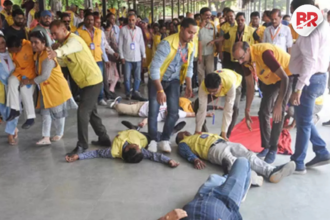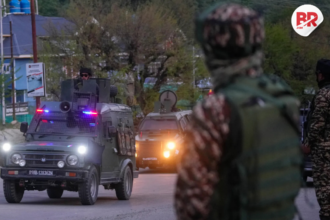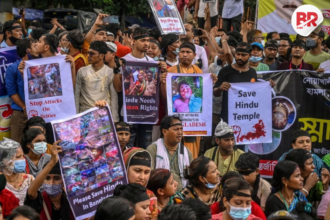
On July 11, 2006, Mumbai saw one of its darkest days. Within just 11 minutes, seven bombs exploded on local trains. The blasts happened during rush hour, between 6:24 pm and 6:35 pm. It was a regular Tuesday evening, but it turned into chaos and horror.
These blasts killed 189 people and injured more than 800. Pressure cookers filled with explosives were used. The bombs were placed in first-class compartments on trains coming from Churchgate. They went off near stations like Matunga Road, Mahim Junction, Bandra, Khar Road, Jogeshwari, Bhayandar, and Borivali.

In 2015, nine years after the blasts, a special court under the Maharashtra Control of Organised Crime Act (MCOCA) convicted 12 men. Five were given death sentences. The other seven got life in prison. It seemed like justice had been served.
But today, almost two decades later, the Bombay High Court has overturned that decision.
The court said the prosecution failed to prove the case. The evidence was weak. The witness statements didn’t match. One key point the court made was that it is unrealistic to expect people to remember faces 100 days after such a big event.
Also, the bombs and weapons shown in court didn’t match the type used in the 2006 Mumbai train blasts. The judges said there were too many doubts. And when there is doubt, the law says the accused must be given the benefit of that doubt.
So now, all 12 men will walk free. The court has said they can be released if they are not wanted in any other case.
This decision has shocked many. Families who lost their loved ones are left confused and angry. Many are asking — if not these 12 men, then who did it?
This story shows the deep cracks in our justice system. Nineteen years is a long time. People died, families suffered, and yet, justice remains a question mark.
For those who survived, and those who lost someone that day, today’s court order feels like reopening an old wound.
Also Read Chandra Barot, Director of 1978 Hit ‘Don’, Passes Away at 86 in Mumbai












